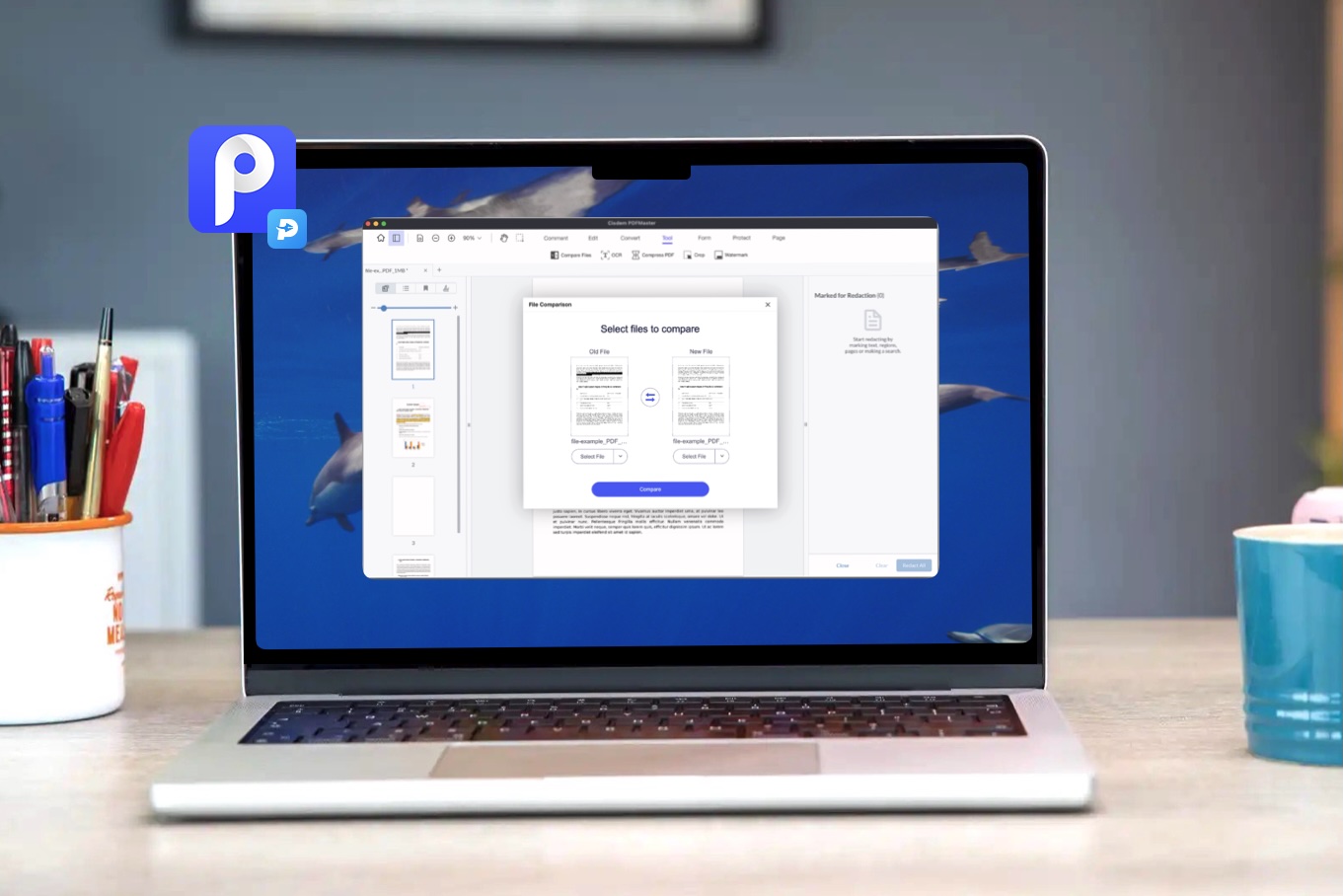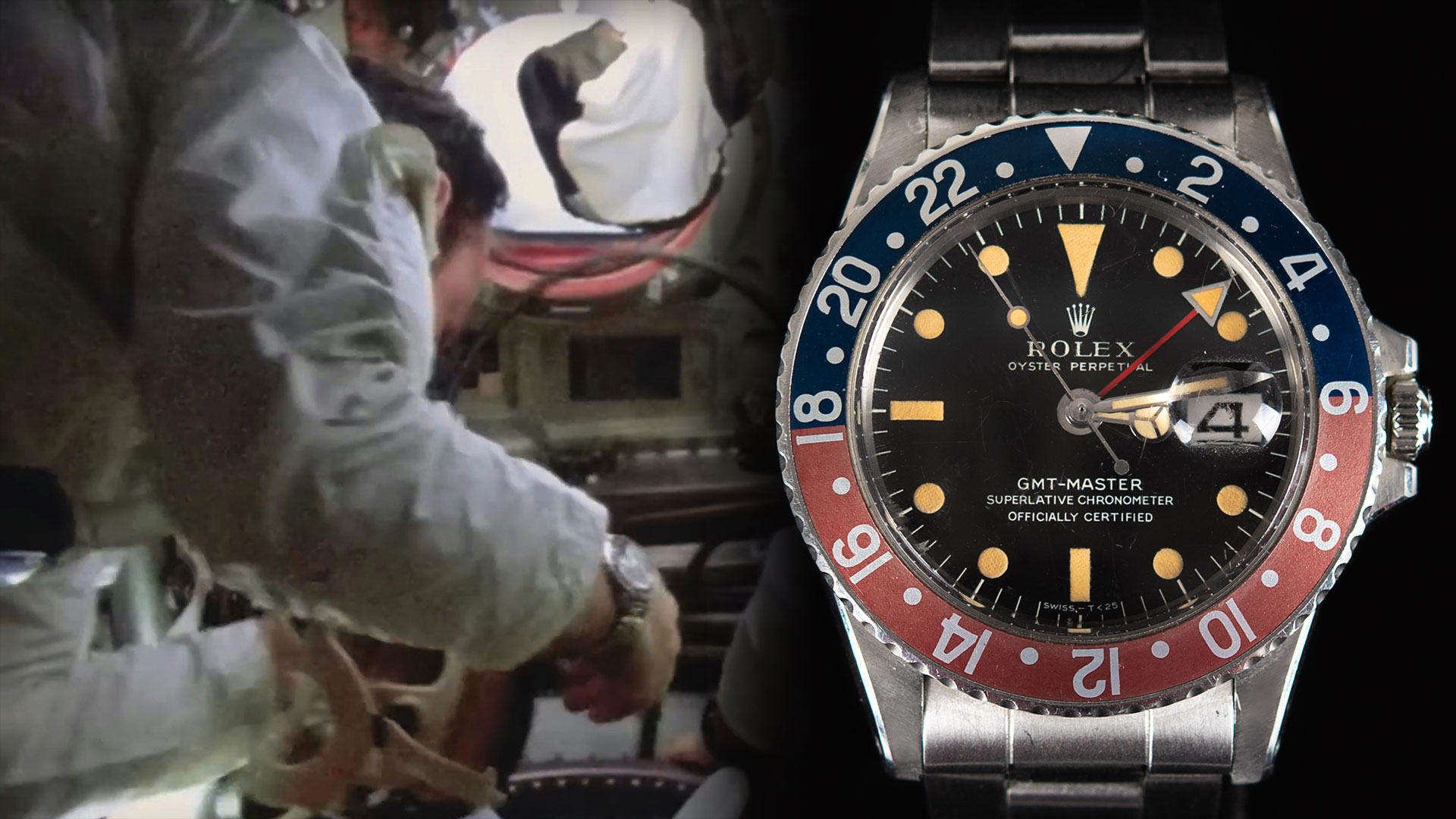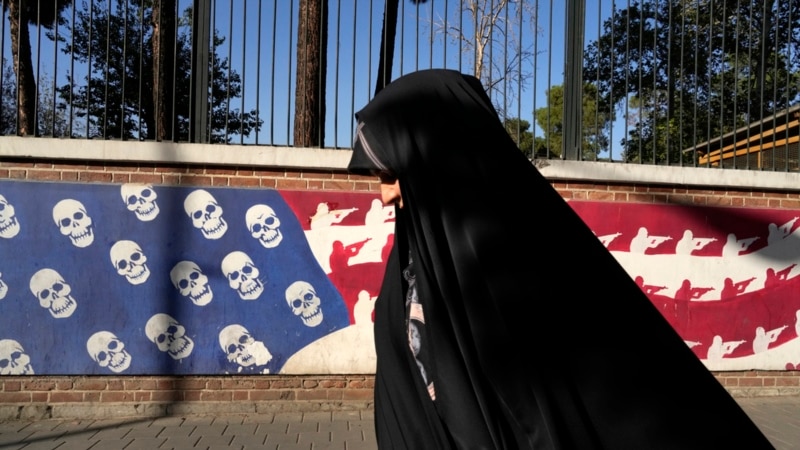Action demanded over surge in illegal meat imports
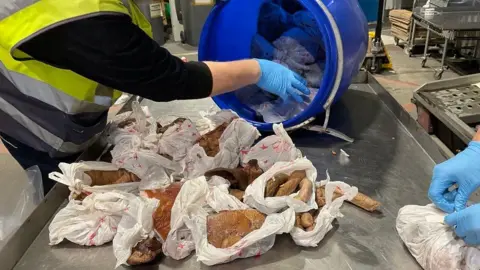 Dover Port Health Authority
Dover Port Health AuthorityThe government is under pressure to stop illegal meat being smuggled into the UK, amid warnings of a "foot-and-mouth" level crisis for British farmers.
The amount of meat seized by Border Force officials has doubled in a year, according to data obtained by BBC News.
The data suggests more meat is entering the country in fewer vehicles, which experts say indicates a rise in organised crime.
Meat imports classed as illegal have often not gone through checks to confirm they are disease-free and conform to UK health standards.
An outbreak of the highly contagious African swine fever has been spreading across Europe's pig herds since last summer.
Farmers and MPs have called on the chancellor to fund more stringent border controls in next week’s Budget to prevent the disease from entering the UK.
The President of the National Farmers' Union, Tom Bradshaw, told the BBC that he was not confident the government would introduce the measures he believed were necessary.
"We've got a line in the Labour manifesto that food security is national security. Now at the moment there's a very real risk that they are just words on a piece of paper rather than meaningful policy," he said.
Mr Bradshaw said African swine fever "could spread very rapidly through our pig herd and have huge, huge implications".
"At a time of such geopolitical uncertainty, making sure that we have the capability to produce the foods that everyone needs, it should be a political imperative," he added.
The large rise in illegal meat is likely to be down to more stringent restrictions around the import of pork products, an overall increase in the price of meat and more organised criminal activity.
It is understood that red meat makes up the majority of the seizures, but the exact breakdown of beef, pork and lamb is not known.
African swine fever leads to very high death rates among infected pigs and currently has no effective treatment or vaccine.
Conservative MP Dr Neil Hudson, who worked as a veterinary surgeon during the 2001 foot-and-mouth outbreak, is among those calling for border and health authorities to be given more money.
"If African swine fever comes into the country, that would be as catastrophic as foot-and-mouth," he said.
"Vets such as myself were deployed into the front line to supervise the culls and I witnessed sights then that I never want to see again in my lifetime."
He wants the chancellor to fully refurbish the UK's Animal and Plant Health Agency at a cost of £2.8bn.
"I know this is a lot of money, but you need to spend money now to prevent catastrophe in the future," he added.
The National Audit Office estimated that the 2001 foot-and-mouth outbreak cost the UK economy £8bn, equivalent to around £14.5bn today.
Home Office figures, obtained by the BBC using Freedom of Information laws, show the amount of illegal meat seized by Border Force officials doubled from almost 35,000kg in 2022/23 to more than 70,000kg in 2023/24.
Figures for the first four months of 2024/25 suggest another large increase will be recorded by the end of the financial year.
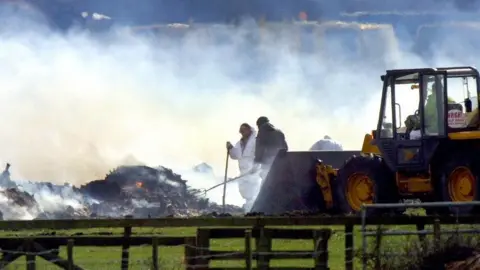 Getty Images
Getty ImagesIt’s understood the actual amount caught is likely to be much higher, as the Border Force figures won’t include some seizures recorded by individual port health authorities around the UK.
The rise in seizures is not believed to be down to increased success at intercepting illegal imports.
"If we're picking up tonnes of meat, you can imagine how much is coming through that we're not picking up," said Dr Hudson.
Additionally, the data shows a general trend towards fewer individual seizures, with more than 5,500 in 2015/16 and fewer than 2,000 in 2023/24, sparking fears of larger shipments and more organised criminal activity.
"That is concerning," added Dr Hudson, "if there's a smaller number of individuals being caught, that does imply organisation and we do know that there are organised gangs."
Officials from the Department for Environment, Food and Rural Affairs are understood to have held at least two meetings with representatives from the farming sector in recent weeks to discuss this issue.
A new system of post-Brexit border checks at Dover came into effect in April of this year, but critics have said they leave open the possibility of more illegal meat entering the UK.
Instead of checks taking place at Dover itself, vehicles are ordered to drive 22 miles away to a border control post at Sevington.
Parliament's Environment Select Committee had been set to look into whether the system was working before the general election was called earlier this year.
"We have the potential now that we've left the European Union to have proper border checks, to make sure that biosecurity is protected," Dr Hudson said.
The government announced £3.5bn of funding for Dover in August, but no additional money for smaller ports has been confirmed.
One Labour MP with a port in their constituency told the BBC there was general concern among colleagues that only shoring up Dover would lead to criminal activity moving elsewhere.
A government spokesperson said that there had never been an outbreak of African Swine Fever in the UK, and it was determined to ensure that remained the case.
"Strict import controls" were in place to manage risk, they said, including restrictions on personal pork imports introduced last month.
They added that the government worked closely with Port Health Authorities and Border Force "to ensure our robust border controls are enforced".

